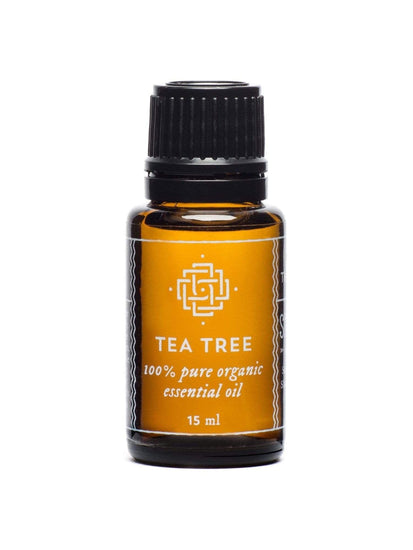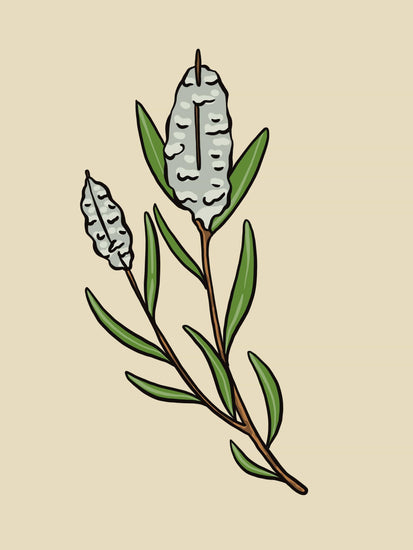Botanical Name: Melaleuca alternifolia
Parts Used: Leaves and twigs
Description: Tea tree oil, also known as melaleuca oil, is believed to be antibacterial.
Aroma: Medicinal, fresh, woody, earthy and herbaceous
Safety: Highly toxic when ingested. Use with caution.
-
These statements have not been evaluated by the Food and Drug Administration. This product is not intended to diagnose, treat, cure or prevent any disease.
 Fair and ethically
Fair and ethically traded products
- Offering authentic, sustainable products that support artisans, their families, and indigenous ways Learn More...
 Providing a connection to the sacred
Providing a connection to the sacredarts of indigenous communities
- Consciously serving our community for over 22 years with integrity and passion Learn More...
 Living in harmoney with each other
Living in harmoney with each otherand our earth
- Reducing our use of resources with Earth conscious shipping and packaging practices Learn More...
 Fair and ethically traded products. Learn More
Fair and ethically traded products. Learn More
- Offering authentic, sustainable products that support artisans, their families, and indigenous ways Learn More...
 Providing a connection to the sacred arts of indigenous communities. Learn More
Providing a connection to the sacred arts of indigenous communities. Learn More
- Consciously serving our community for over 22 years with integrity and passion Learn More...
 Living in harmoney with each other and our earth. Learn More
Living in harmoney with each other and our earth. Learn More
- Reducing our use of resources with Earth conscious shipping and packaging practices Learn More...




